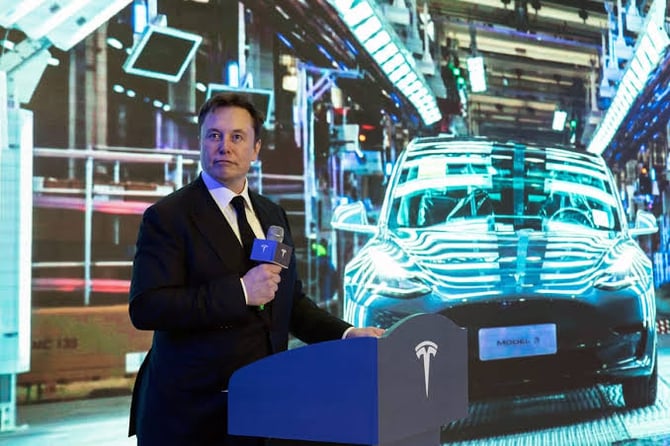EU Lowers Tariffs on China-made Tesla EVs Amid Trade Dispute

The European Union has revised its planned tariffs on Chinese electric vehicles (EVs), reducing the import duties on Tesla vehicles manufactured in China to 9%, down from an originally proposed 20.8%. This decision follows Tesla's request to adjust the tariffs to reflect the specific subsidies the company receives in China.
The revision is part of a broader EU effort to address concerns about the impact of Chinese subsidies on the European EV market. In June, The EU Commission announced that it would impose higher tariffs on Chinese EV imports, citing concerns that these vehicles benefit from substantial subsidies, which could harm European EV manufacturers.
Other Chinese EV firms also saw adjustments to their tariffs. BYD, backed by Warren Buffett, had its rate slightly lowered from 17.4% to 17%, while Geely's tariff was reduced from 19.9% to 19.3%. SAIC's duties were decreased from 37.6% to 36.3%. Companies cooperating with the EU's investigation will now face a 21.3% tariff, up from the proposed 20.8%. In contrast, firms that did not cooperate with the investigation will be subjected to a 36.3% tariff, slightly down from the original 37.6%.
What Does This Mean for Me?
The EU's decision balances concerns about unfair competition and recognizing the specific circumstances of individual companies. As the trade dispute unfolds, these adjustments underscore the EU’s nuanced approach to managing its trade relations with China, particularly in the rapidly growing EV sector.
More News
.webp)
Japan’s Rate Shift Is Rippling Through Global Bond Markets
5 days ago

China’s Growth Engine Stalls as Consumers and Investors Pull Back
1 week ago

Egypt’s Recovery Gains Traction as Household Pressure Lingers
2 weeks ago

OECD Warns AI and Tariffs Will Test the Global Economy
3 weeks ago

Zero Tariffs, Higher Drug Bills as US and UK Reset Pharma Trade
3 weeks ago

Catastrophe Bonds Go Global as Climate Risk Meets Yield Hunting
3 weeks ago
.webp)
Canada Shields Steel and Lumber Industries From Tariffs
3 weeks ago

Trump Drops Selected Tariffs in Response to Inflation Pressures
4 weeks ago